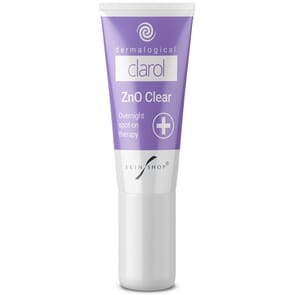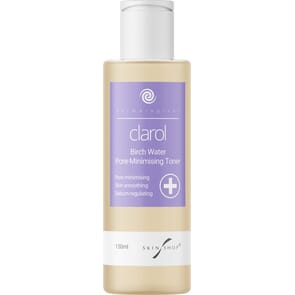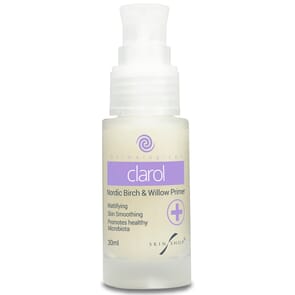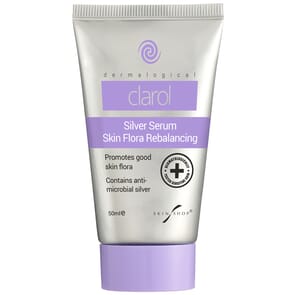Are my Spots Acne?

If you have spots, you tend to assume you have acne. But this is not always the case, in fact a lot of ‘spots’ are caused by other factors, including skin allergies, independent health conditions, infections or viruses.
However if you use anti-acne treatments on many of these other ‘acne’ conditions, it can make the condition far worse. Here are some causes of spots that may not be acne;
Allergy Acne
Skin allergies to external irritants can also cause spots, but are not actually acne. Skin allergies to skin creams, beauty products and perfumes are very common and can cause small rash like spots to form of the sides of the face and neck.
Allergic spots can be repeatedly triggered by an irritant and so appear like normal acne.
Another common cause of allergy spots is from shampoo. Normal shampoos contain harsh preservatives and strong perfumes. When people with long hair sleep on their hair after washing it with shampoo, this can cause spots to form on the sides of the face and neck. Simply tying hair back at night and swapping to a non-chemical non-perfumed shampoo can often clear up allergy acne.
Treatment: Chemical steroids, plant-steroid ointments, emollients, omega oils
Acne Rosacea
Rosacea is a skin condition that causes spots, but is not like normal acne. Rosacea is causes by a dilation of the blood vessels just below the skin’s surface.
How to know if you have acne rosacea;
Treatment: Antibiotics, anti-redness skincare
Fungal Acne
Face Fungus (Tinea faciei) can also cause what looks to be small ‘acne like’ spots on the face
Treatment: Topical anti-fungal creams
Scalp Acne
Scalp dermatitis/eczema can cause small spots to appear around the hair line and on the neck as well as the scalp because the actual dermatitis causes small scabs on the scalp that then block sebum in the hair follicle causing pussy spots.
Scalp dermatitis/eczema can be hereditary or can be caused by a reaction to shampoo, hair sprays, hair dyes or any other perfumed or chemical hair products. Frequent blow drying at high temperatures can also lead to scalp eczema.
Treatment: Dry scalp hair products
Herpes Acne
The Herpes Simplex virus lives in eth base of the spin but lies dormant in the skin cells. The most common skin problem caused by the Herpes Simplex virus is cold sores.
However Herpes sores can appear on the skin and not the lips and cause small fluid and puss filled blisters that resemble acne. If facial herpes appears without cold sores on the lips, the condition is often misdiagnosed as acne by doctors.
Treatments: Anti-viral skin treatments for cold sores
Hives Acne
Hives on face are raised, flat-topped bumps that are smooth to the touch, typically red in colour. They can occur anywhere on your face and neck, including the ears.
Hives are genetically linked and sufferers get several outbreaks over a long period of time. Facial hives are rarely correctly identified by doctors.
Treatment: Specific anti histamines or oral corticosteroids
Pustular Psoriasis
Psoriasis is a skin condition that is caused by the over activity of skin cell division and is genetically linked, although certain lifestyle factor scan trigger it or make it worse such as stress, smoking, obesity, depression, physical and emotional trauma, some medications and viruses.
There are two types of psoriasis, pustular and gutate. Pustular psoriasis on the face can look just like acne. Some people only get psoriasis on their face
Treatment: Steroid creams, coal tar treatments, anti-plaque creams & washes
Heat Acne
Heat rash is more common than people think and can cause small rashy acne-like spots on the face.
Heat rash is not only causes by sun and can stay around for several days in come cases, which is why it is sometimes mistaken for acne.
Treatment: Calamine lotion, hydrocortisone creams
Impetigo Non-Bullous Acne
Impetigo is a contagious, superficial bacterial infection of the skin and is most likely to occur in warm and humid environments and is most commonly spread by close contact (such as family members).
There are two types of impetigo, bullous and non-bullous impetigo, the non-bullous type causes small pussy spots that look similar to acne.
Treatment: Antibiotics
More Acne FAQ's:
Our Favourite Products for Acne:





